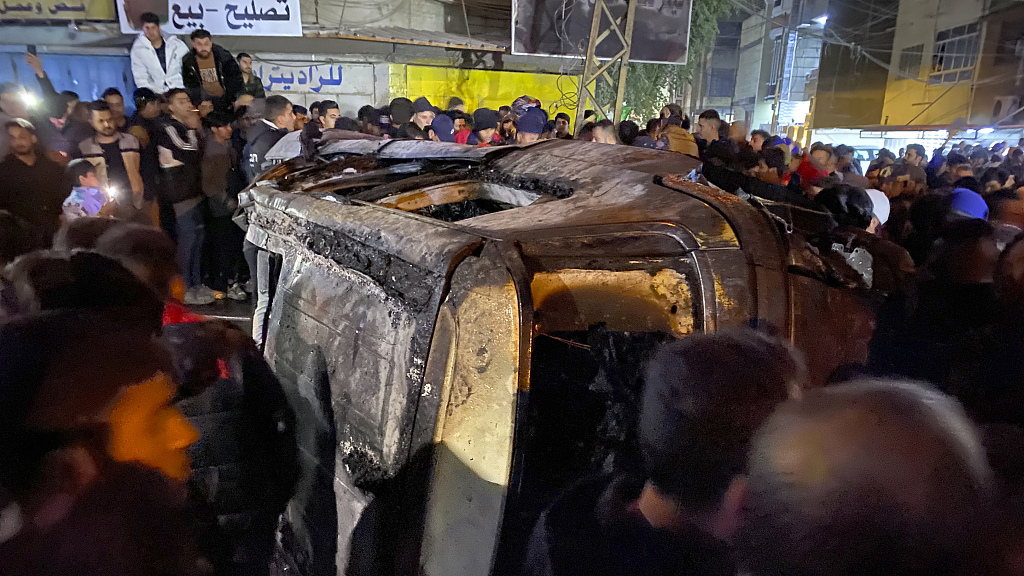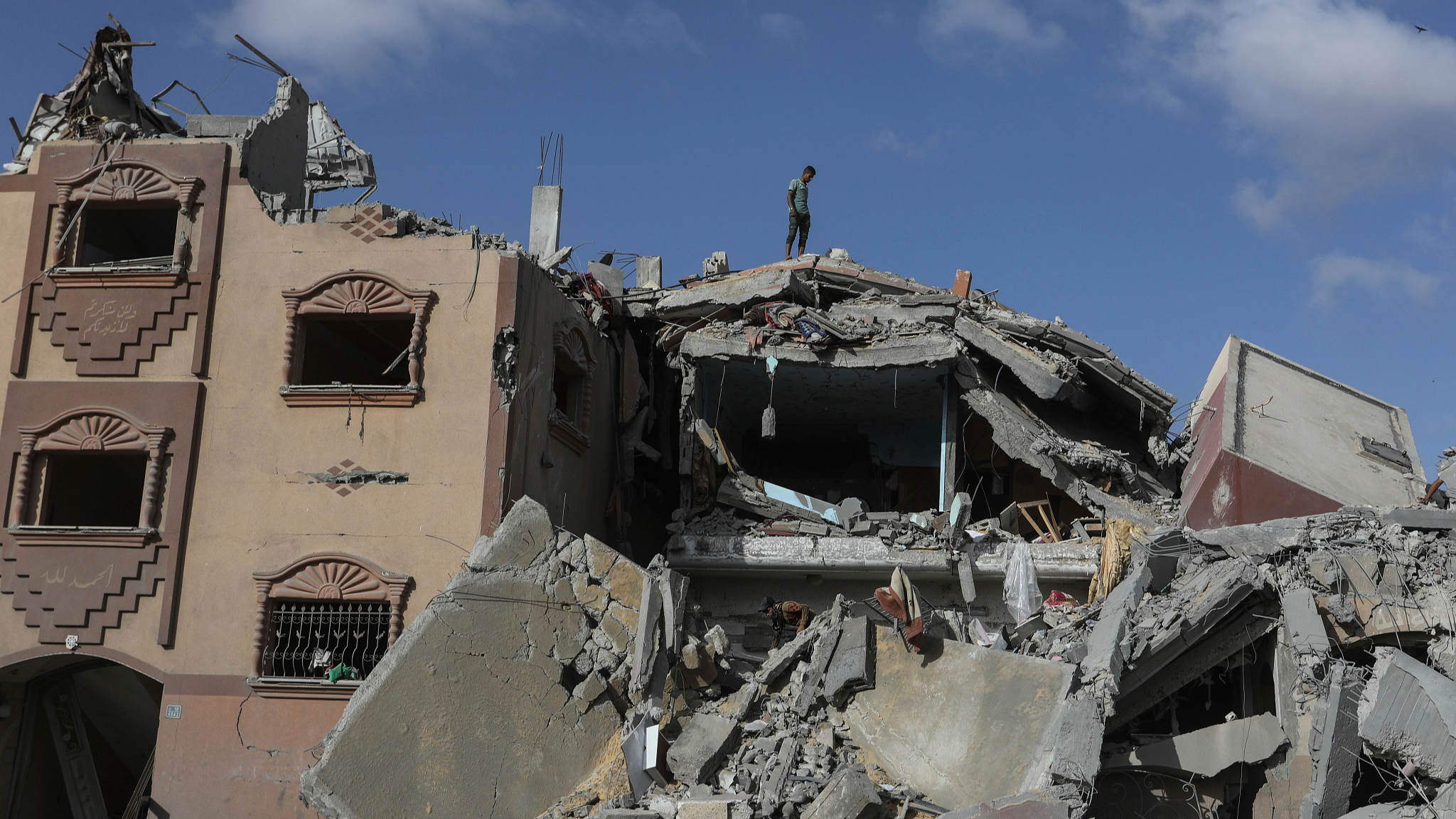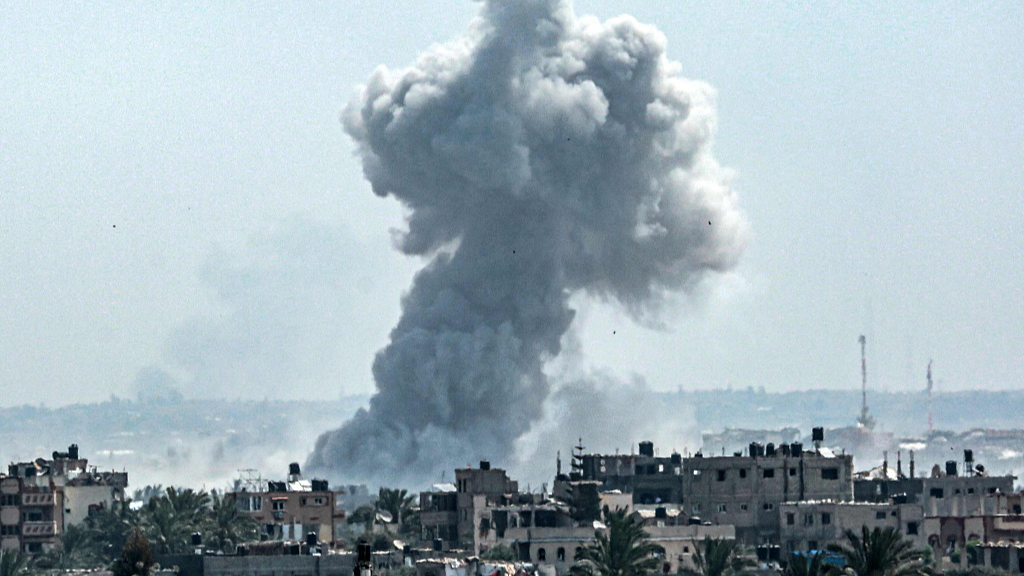Prospects for a Gaza ceasefire appeared uncertain on Sunday as a Hamas delegation left Cairo.
A Palestinian source, who preferred not to mention his name, said the Hamas delegation, who departed Cairo on Sunday for consultations with the movement’s leadership in Doha, Qatar, will return with a “final response” to the Egyptian proposal two days later.
According to the source, during the two-day talks in Cairo, the Hamas delegation met with Egyptian security officials and addressed “all issues” that could hinder reaching an agreement on the Gaza ceasefire and prisoner exchange with Israel, confirming that “significant” consensus has been achieved between the delegation and the Egyptian mediators.
The Egyptian proposal consists of three stages, aimed at exchanging Israeli hostages for Palestinian prisoners, taking necessary measures to reach a ceasefire, and restoring sustainable calm.
The first stage would span 40 days and bring out a temporary halt of military operations between the two sides, an exchange of hostages and prisoners, and the return of internally displaced civilians to their areas of residence in Gaza. It also includes facilitating the entry of sufficient humanitarian aid, relief materials and fuel into Gaza, as well as the equipment needed to remove rubble, establish camps for the displaced, and rehabilitate and operate hospitals, health centers and bakeries in the strip.
Also on Sunday, Hamas Political Bureau chief Ismail Haniyeh said in a statement that his movement is keen to reach a comprehensive agreement that ends the current conflict in Gaza and ensures a prisoner exchange with Israel. Meanwhile, he accused Israeli Prime Minister Benjamin Netanyahu of “inventing constant justifications to continue the aggression, expand the scope of the conflict, and sabotage mediation efforts.”
Israel has not officially commented on the proposal. The main point of contention between the two sides remains the duration of the truce, with Hamas demanding that Israel halt the conflict, while Israel insists on continuing until it deems Hamas defeated.
Despite intensive mediation efforts and international calls for a ceasefire, Israeli Defense Minister Yoav Gallant said on Sunday that Israel assesses the likelihood of reaching an agreement with Hamas as low, adding the order to launch an onslaught on Rafah, the enclave’s southernmost city, will be given “very soon.”
About 1.2 million people have been sheltering in Rafah, according to estimates by the United Nations, escaping Israeli bombardments in other areas as well as the famine-stricken northern Gaza.
World Food Program Executive Director Cindy McCain said in an NBC News interview broadcast on Sunday that based on the “horror” on the ground: “There is famine, full-blown famine, in the north, and it’s moving its way south.”
Also on Sunday, Israeli authorities raided a Jerusalem hotel room used by Al Jazeera as its office, an Israeli official and an Al Jazeera source told Reuters.
Netanyahu’s cabinet has agreed to shut down the network’s local operations for as long as the conflict in Gaza continues, saying it threatened national security.
Al Jazeera said the move was a “criminal action” and the accusation that the network threatened Israeli security was a “dangerous and ridiculous lie” that put its journalists at risk. It reserved the right to “pursue every legal step.”
Source(s): CGTN

 News6 days ago
News6 days ago
 Sports6 days ago
Sports6 days ago
 News6 days ago
News6 days ago
 World6 days ago
World6 days ago
 Sports6 days ago
Sports6 days ago
 News6 days ago
News6 days ago
 News6 days ago
News6 days ago
 News7 days ago
News7 days ago


















